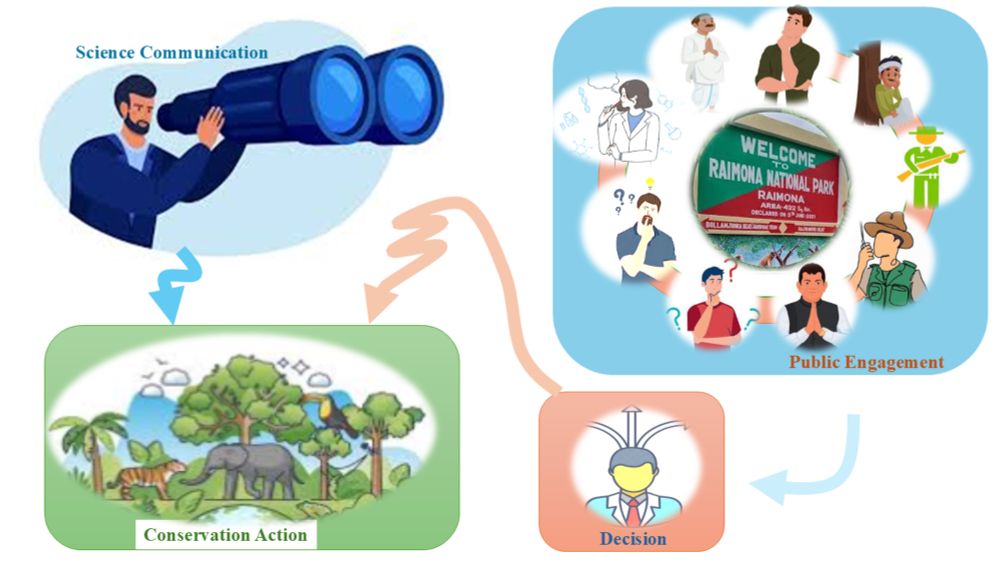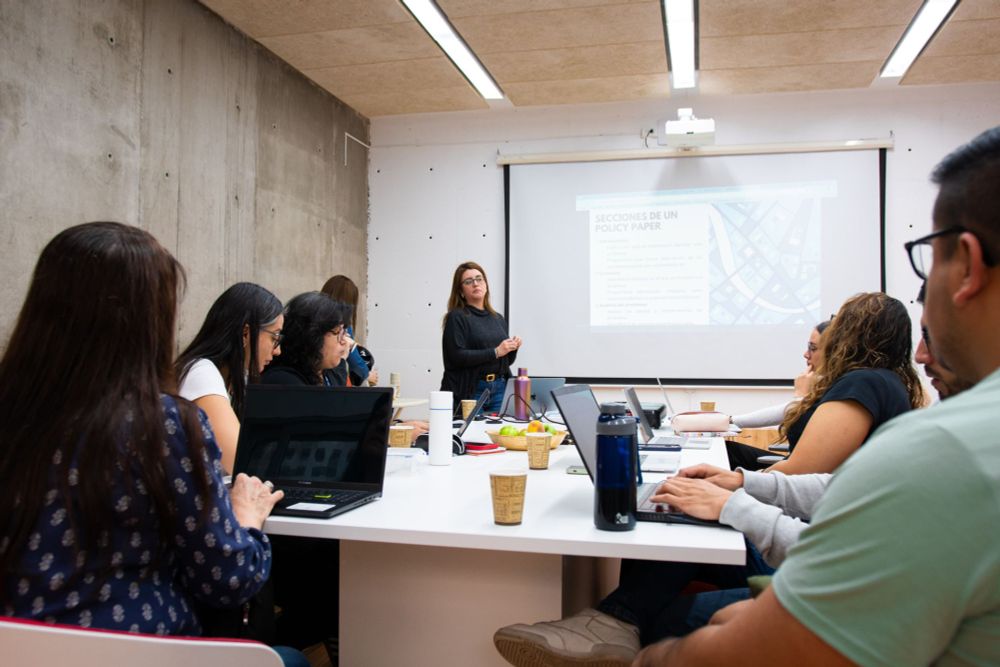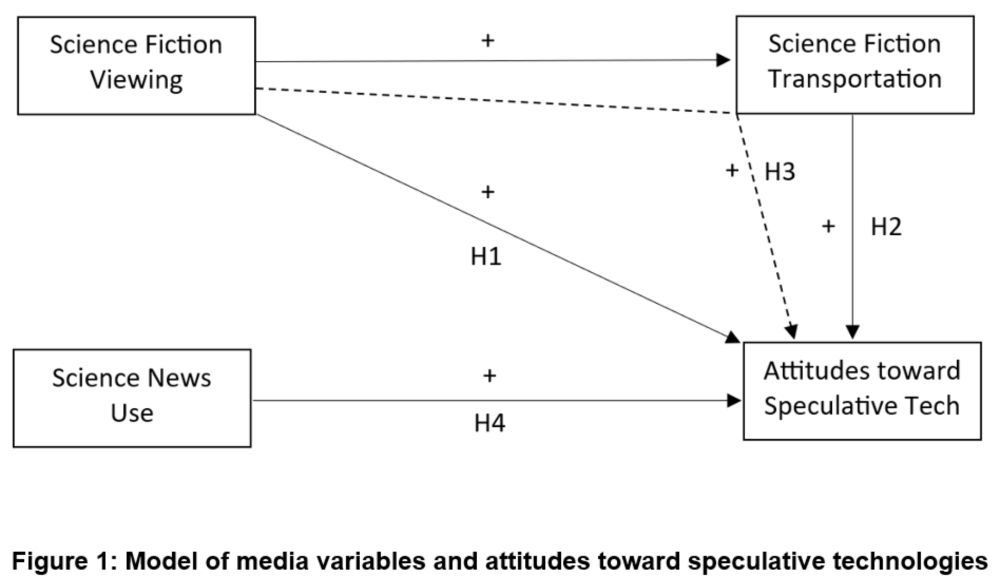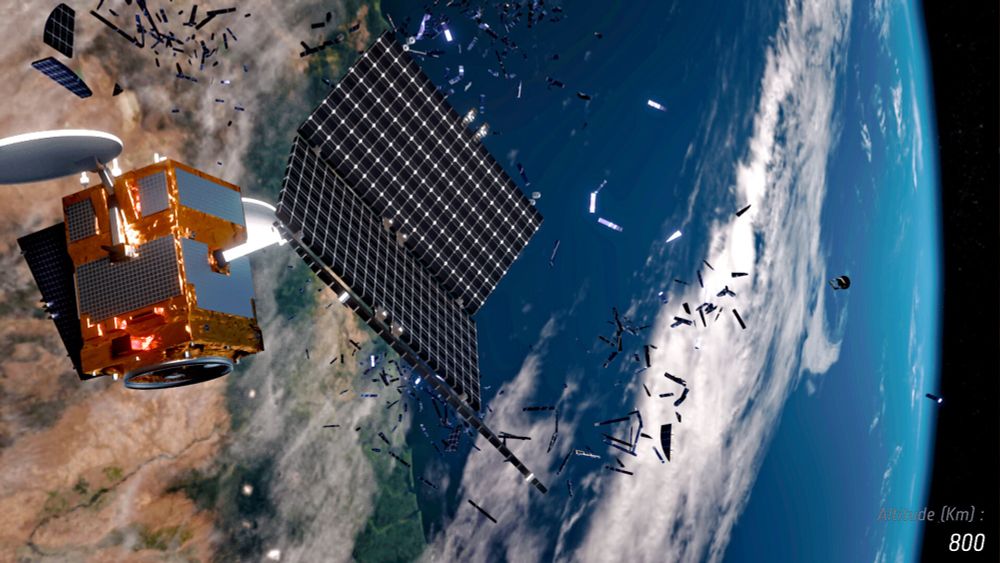Journal of Science Communication (JCOM)
@jscicom.bsky.social
530 followers
87 following
62 posts
JCOM is a diamond open-access, peer-reviewed academic journal in science communication. Find us at: jcom.sissa.it
Posts
Media
Videos
Starter Packs
























